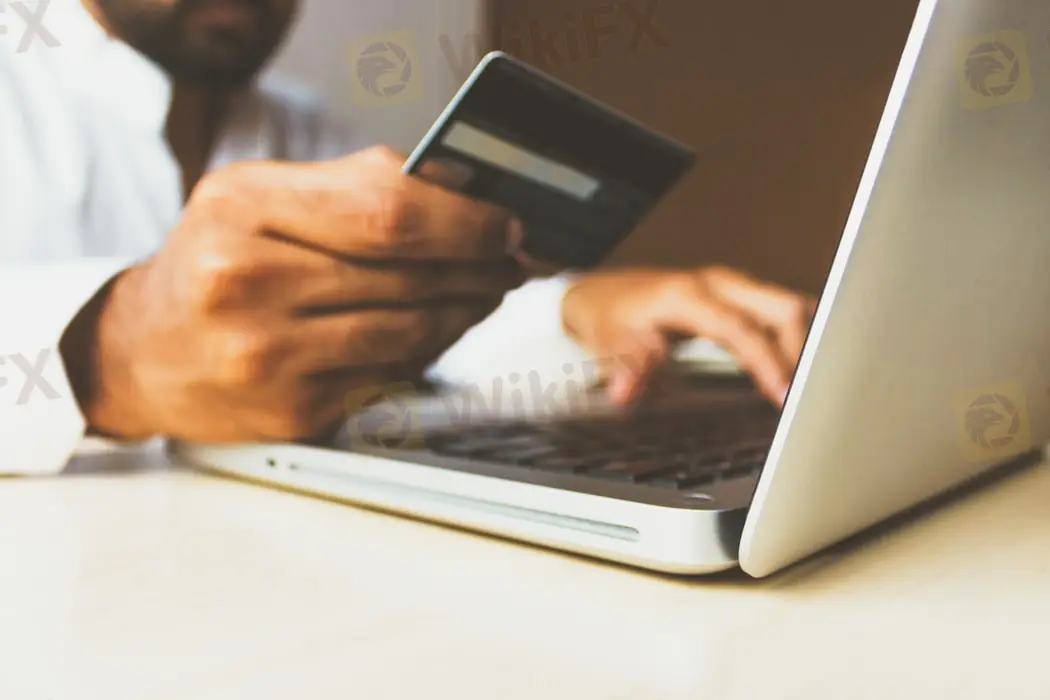简体中文
繁體中文
English
Pусский
日本語
ภาษาไทย
Tiếng Việt
Bahasa Indonesia
Español
हिन्दी
Filippiiniläinen
Français
Deutsch
Português
Türkçe
한국어
العربية
An Essential Lesson for Investors: Forex Broker's Business Model
Abstract:The first lesson for successful forex trading is to select a broker. Such a choice may be more complex than it seems to be.
The first lesson for successful forex trading is to select a broker. Such a choice may be more complex than it seems to be. Many investors learned forex platforms through brokers' advertisements (especially telesales) and their partners (the so-called introducing brokers). However, is your platform really the right one?

This article will analyze the business model of forex brokers specifically, that is, the brokers' strategies to make profits.
Business models vary from broker to broker. How they charge customers is actually how they make profits. Generally speaking, online forex brokers are divided into two types: Dealing Desk (DD) and No Dealing Desk (NDD), while the latter can be further subdivided into: Straight Through Processing (STP) and Electronic Communication Network + Straight Through Processing (ECN+STP).

DDs are also called Market Makers (MM). With a Dealing Desk for order processing, these brokers make money through spreads and will take the opposite side of clients' trade if necessary. Conversely, NDDs work as a direct linkage between clients and the inter-bank market with no Dealing Desk. These brokers can make profits by either charging a commission for trading or putting a markup by increasing the spread.
While the above-mentioned brokers are all legal, the business model for illegal brokers is to make profits from traders' losses via illicit means. Such brokers usually hoodwink investors into opening accounts and making deposits on illegal platforms under the guise of “high return on investment”, and then flee the platforms once getting investors out of their capital by all means.

With that said, choosing a legal forex broker is essential. The regulatory information is another key for verifying whether a platform is legal. Although most illegal platforms are filtered out for no regulation, there are still others cloning the quality of other regulated companies. But investors can identify them by comparing their sites with the registered ones on the official website of the regulatory authority. Investors can also learn their information through the WikiFX web or app, on which all the details are available once searching the broker's name.

For more details about your broker, please click here to download WikiFX https://bit.ly/wikifxIN
Disclaimer:
The views in this article only represent the author's personal views, and do not constitute investment advice on this platform. This platform does not guarantee the accuracy, completeness and timeliness of the information in the article, and will not be liable for any loss caused by the use of or reliance on the information in the article.
Read more

Alleged Concerns with TradeEU.global's Trading Practices
An individual trader has come forward with allegations of an unfavourable experience while using the services of the broker TradeEU.global.

Lured by False Promises: Malaysian Driver Lost RM218K to an Investment Scam
A 49-year-old e-hailing driver in Malaysia fell victim to a fraudulent investment scheme, losing RM218,000 in a matter of weeks. The scheme, which falsely promised returns of 3 to 5 per cent within just three days, left the individual financially devastated.

FCA Identifies Clone Firm Exploiting Admiral Markets' Credibility
The UK Financial Conduct Authority (FCA) has issued a public warning regarding a fraudulent entity impersonating Admiral Markets, a legitimate and authorised trading firm. The clone firm, operating under the name Admiral EU Brokers and the domain Admiraleubrokerz.com, has been falsely presenting itself as an FCA-authorised business.

Broker Review: What is FXTM exactly? Is FXTM a Scam?
FXTM is a global forex broker founded in 2011. In today’s article, we are going to show you what FXTM looks like in 2024.
WikiFX Broker
Latest News
Saxo & Portuguese Bank Partnership
SEC Fines Broker-Dealers $275K for Incomplete SAR Filings
What Makes Cross-Border Payments Easier Than Ever?
Trader Exposes Unethical Practices by STP Trading
Lured by False Promises: Malaysian Driver Lost RM218K to an Investment Scam
FTX Sets March 2025 Timeline for Creditor Payouts: What It Means for Investors
What is an Economic Calendar? How it works
Italian Regulator Warns Against 5 Websites
Mastercard's 2030 Vision: Biometric-Driven, Tokenized Payments
SFC Freezes $91M in Client Accounts Amid Fraud Probe
Currency Calculator


